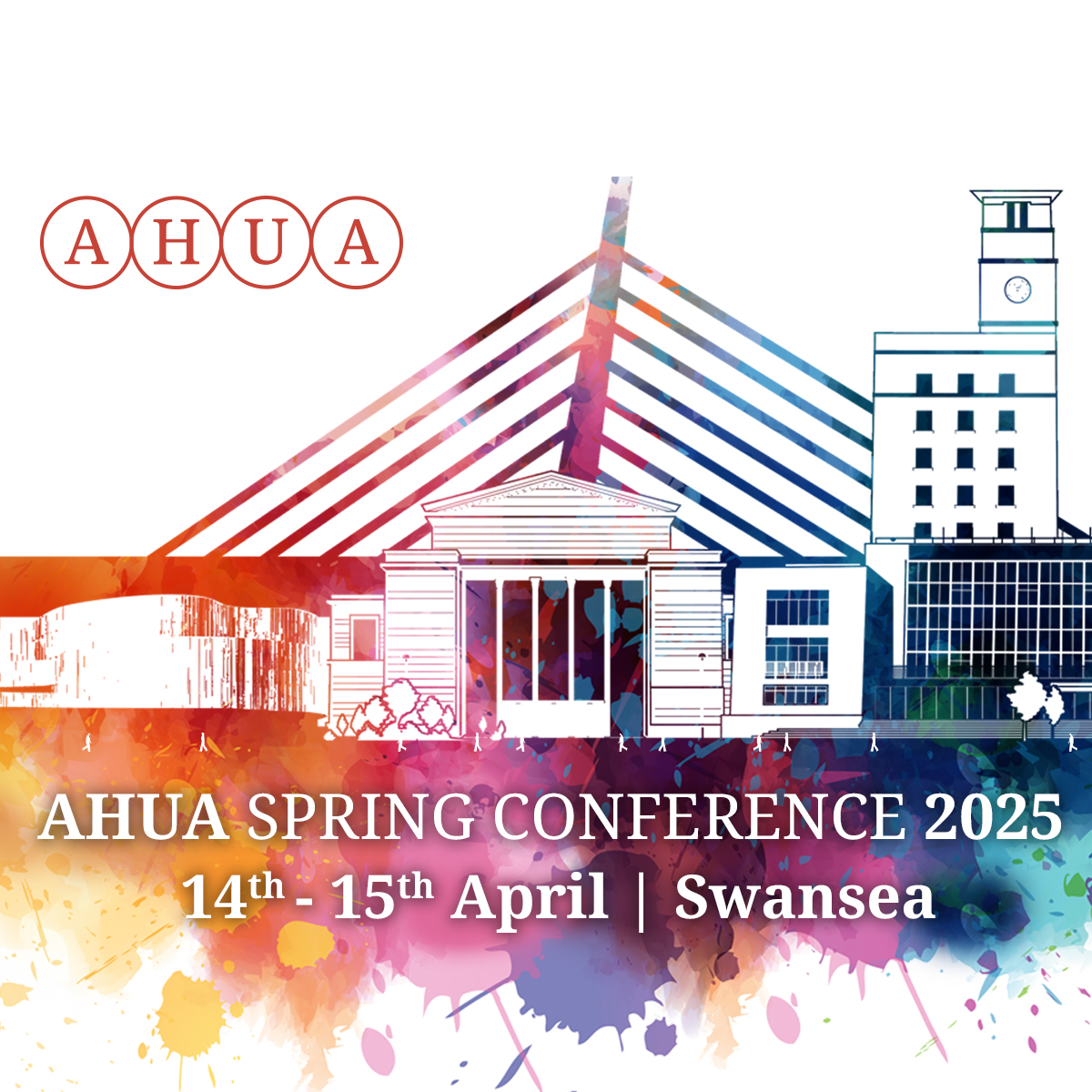The Execution of Deeds
Mark Taylor, Partner, and Rachel Soundy, Principal Associate, at Eversheds Sutherland, discuss how universities may be able to execute deeds in more challenging times.

Common seals: use and limitations
The law provides that certain transactions must be completed by deed in order to be valid.
These include the transfer of an interest in real property and the grant of a power of attorney. There are also circumstances where legal advisers may advise that documents should be executed as deed, for example where assets are being assigned.
Whilst recognising that universities are legally constituted in a number of different ways, deeds are generally validly executed by a university by:
- the affixing of the university’s common seal in accordance with its constitution
- the affixing being witnessed or authenticated by the signature of two authorised individuals (usually members of the governing body).
The requirement for the use of a common seal to execute deeds can lead to practical difficulties for universities, such as the unavailability of individuals to witness its affixation. The impact of COVID-19 resulting in widespread campus closures has exacerbated some of these difficulties.
Witnessing
To legitimately witness a signature, the witness must be present physically and see the Seal being added to the deed. Witnessing is therefore a real time event.
The impact of COVID-19 on the ability for witnesses to physically in-person witness the execution of deeds has raised questions about the attesting of a signature to a deed via a video-link.
At the time of writing, the general conclusions of the Law Commission on this point are that witnessing should be done physically in-person. We do think a change in the law here is likely and would be positive, but we are not there yet.
The position for those universities whose constitution requires the use of the Seal to be “authenticated” could be argued to be different. We can see a good argument that an individual could “authenticate” the use of the Seal via a video call. But this has not been tested in law, so would present some risk.
Signing
Aside from the mere act of authenticating or witnessing the use of the Seal, individuals also need to sign a document to attest to the authentication or witnessing.
For a witness, it should be easy to sign the document in wet ink, as the witness must be physically present. For someone remotely “authenticating” the use of the Seal, we can see a good argument that the person could sign electronically.
However, this would immediately raise questions about authentication and witnessing from a switched-on counterparty. For example, the Land Registry would not accept an electronic signature in these circumstances.
One flexibility which a number of universities have considered is widening the class of person who may witness or authenticate the use of the Seal. This can give real flexibility.
Using a power of attorney
There is an alternative option.
It should be possible for a university to use a power of attorney to execute deeds instead of using a common seal.
Under the power of attorney, the university itself grants an individual (or two individuals) the power to execute deeds on its behalf. Duly appointed attorneys (if they are individuals) are able to execute deeds on behalf of a university in writing without using a seal.
The initial grant of the power of attorney by a university must be executed by deed and therefore will require the use of the common seal. After that, the Seal would no longer be needed.
The University would need to make sure that it has carefully put in place the delegations and legal documents it needs to make the power of attorney valid.
The key risk which we would want to address would be a governance one: the university would still want to keep very tight control on the execution of deeds, and how they are approved and reported.
But it is possible to imagine a system which is still very controlled, whilst also allowing remote approval. Again, the detail must be in the relevant drafting.
Conclusion
This is a rather dry and outdated area of law, relying on case law going back hundreds of years. The legal and governance framework for each university is different, so there is no one answer which will work for all.
But we do believe that, if carefully implemented and governed, there are real benefits and flexibilities open to universities in executing deeds.
Mark Taylor is Partner, and Rachel Soundy is Principal Associate, at Eversheds Sutherland.
Related Blogs



